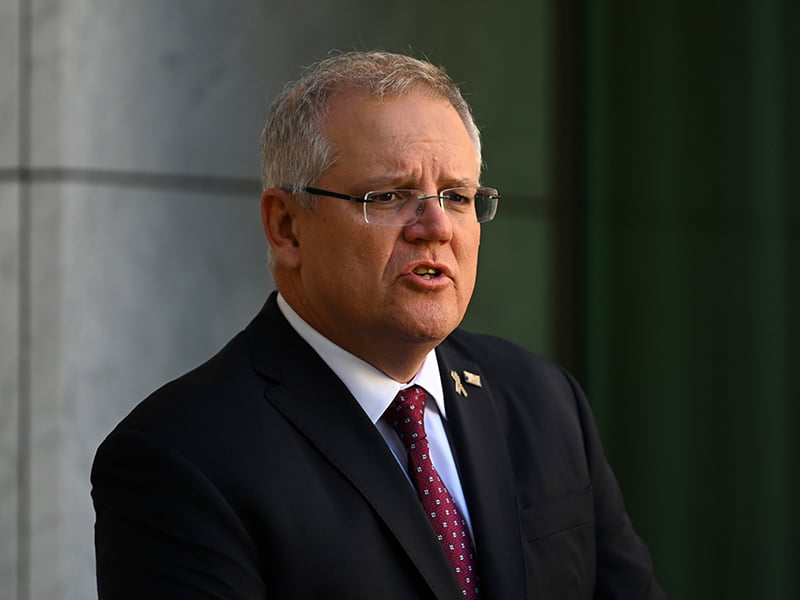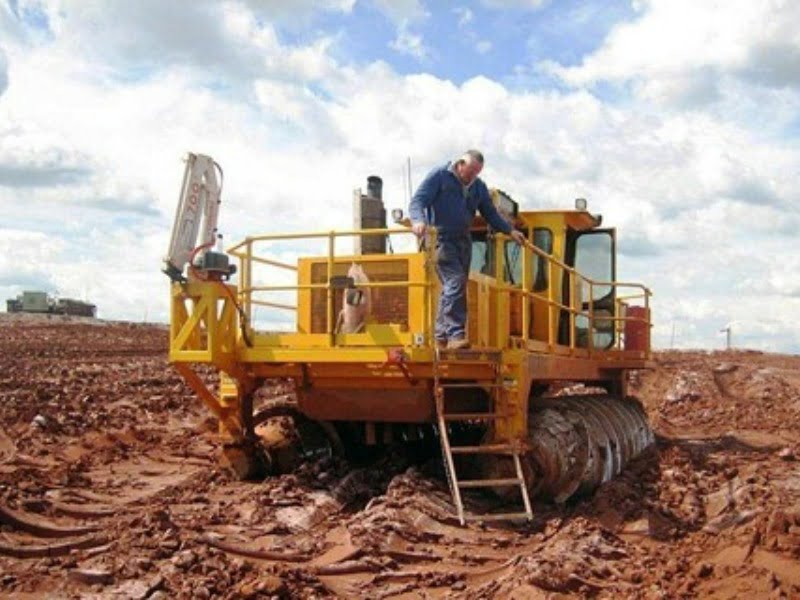The federal government has committed $2 billion to a new 10-year loan facility for Australian critical minerals projects to help establish more businesses and onshore more of the value chain for products like electric vehicle batteries as demand surges.
Already the leading supplier of many critical mineral resources, the federal government wants Australia to do more domestic refinement and production, and said it is willing to fill finance gaps to make it happen.

“The commercial dimensions of the critical minerals market mean it is a difficult place to get established,” Prime Minister Scott Morrison said in a statement.
“We want to ensure that Australia’s resources producers do get established [so] they can link up with others in our supply chains in a free and open Indo-Pacific,” the Prime Minister said.
The support follows calls for a more strategic and aggressive approach to critical mineral supply chains, many of which are currently concentrated in China.
Last week, Mr Morrison committed Australia to mapping critical minerals supply chains, starting with semiconductors, as part of an alliance with fellow Quad nations, the US, Japan and India.
“Critical minerals are a strategic area for governments too because they are fundamental to the future energy economy,” he said on Tuesday.
“These projects also mean jobs in construction, infrastructure development and ongoing roles for the mining sector.”

The Critical Minerals Facility will be managed by Export Finance Australia and operate on the National Interest Account for 10 years or until finance equivalent to $2 billion has been provided.
According to the government, the facility will help establish more businesses involved in the downstream supply chains of advanced technologies like renewable energy, aerospace, defence, automotive and electric vehicles, telecommunications, and agritech.
Demand for critical minerals needed in the products is expected to continue growing significantly in the coming decade as economies decarbonise. Australia is well placed to take advantage, already supplying large amounts of resources used in the increasingly popular technologies.
According to recent research by Accenture, Australia could add $7.4 billion and 34,000 jobs to the economy by 2030 with a more diversified approach to battery value chains alone.
“The global growth in demand for critical minerals to be used in the production of the latest technologies represents an incredible opportunity for Australia to utilise its natural resources and world-leading mining know how to become a leader in the extraction, processing and supply of critical minerals,” said Trade Minister Dan Tehan, who will be responsible for the new facility.
Resources and Water Minister Keith Pitt said Australia has “untapped reserves” of critical minerals.
“The lithium industry alone, which is essential to develop new battery technology, is forecast to be worth $400 billion globally by 2030 and initiatives like this will mean Australia is well placed to grab its share of the market,” he said.
Do you know more? Contact James Riley via Email.

